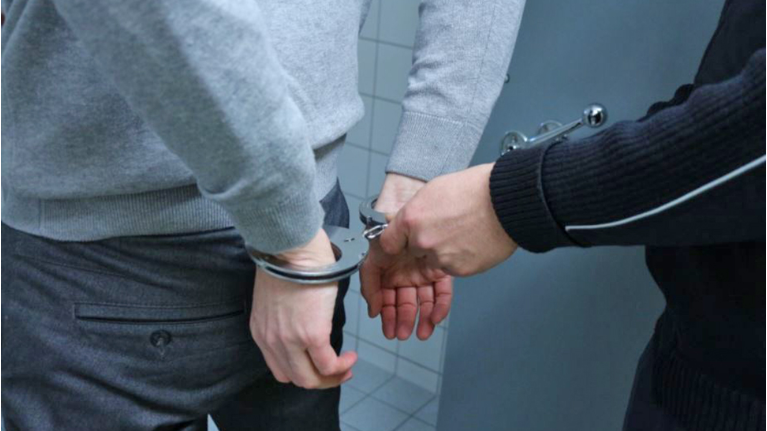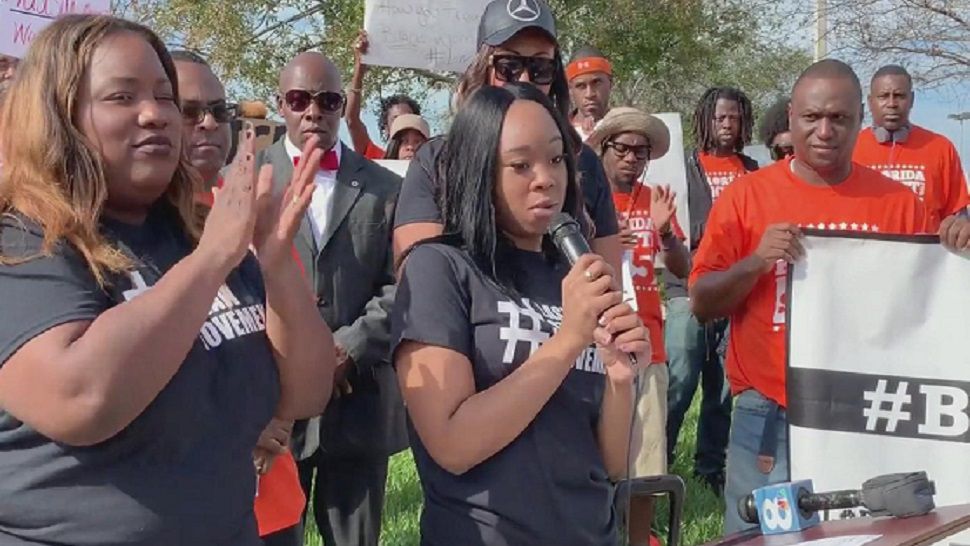Many victim advocates will say that any person who says she or he was sexually assaulted or raped should be believed, however, some in law enforcement say a full investigation needs to be done before the truth is revealed.
- Victim advocates: Anyone who comes forward should be believed
- Police: Some people do lie about being sexually assaulted
- RELATED: Understanding the Silence: Why Sexual Assault Victims Take Years To Come Forward
- SEE BELOW: The importance of rape kits ▼
In a previous interview with Spectrum News, Kathleen Kempke, the senior director of the Corbett Trauma Center at the Crisis Center of Tampa Bay, said that anyone should be believed if she or he admits to being a victim of a sex crime.
"Victims should be believed, heard and supported," she had said.
| Victim Service Center |
|---|
| Victim Service Center of Central Florida offers free and confidential support to all victims of sexual assault, violent crime and traumatic and rape victims. They are the certified rape-crisis center for Orlando, Osceola and Seminole counties. People can call the center's 24-hour hotline 1-407-500-HEAL (4325) |
However, according to Orlando Police Department's Sgt. Eric Goebelbecker of the Special Victims Unit, sometimes women who come forward are not always victims and they are mistaken either about what happened or sometimes, outright lie about being assaulted.
Sometimes a person may have too much to drink and simply does not remember giving consent, said Goebelbecker, adding that in other instances, a person intentionally lies about having sex with someone, either to hide an affair or to get back at a lover.
That is when it becomes difficult for law enforcement because it morphs a delicate tightrope for officers to not accuse the person of coming forward of lying or not arresting a person for a crime he or she did not commit, explained Goebelbecker.
That is why law enforcement painstakingly investigates each case, speaking to the person coming forward, the accused, witnesses and even search for video or photographic evidence of the locations where they met and where they went, including social media posts, Goebelbecker described.
For people who simply do not remember what happened the night they believe an incident happened, they are presented with the information gathered by law enforcement, such as interviews, videos, etc., Goebelbecker said.
This creates a "triggering" effect for them and they start to remember the details of that night, Goebelbecker explained, which results in them knowing they are not victims of sexual violence.
| Crisis Center of Tampa Bay |
|---|
| The Crisis Center of Tampa Bay offers a wide variety of services for those in need. "Victims should be believed, heard and supported," said Kathleen Kempke of the center. People can call the center at: 211. |
A person being accused of "sexual assault is serious and it can stick to someone for life," according to Goebelbecker, who added that police do not want to arrest someone for a crime he or she did not commit.
Bianca, who works at the Victim Service Center of Central Florida, admits that some women have lied about being sexually assaulted or raped, but it is very rare and the center has not had a case of someone lying about being abused.
Bianca, who only wanted to be known by her first name to protect her identity, said the center's victim advocates show support and a willingness to help anyone who comes in and says she or he are a victim.
The center also provides services to anyone without proof of any victimization happening, she added.
"You will never be questioned," she said. "Proof is not necessary."
At the center, people can receive support services without ever needing to report to law enforcement, but Bianca encourages them to call about their rights and options through the center's 24-hour hotline at 1-407-500-HEAL (4325).
Victims who are not prepared to report the abuse have an eight-year statute of limitations in Florida to report it to law enforcement and they have the evidence preserved in rape kits, she said.
The Importance Of Rape Kits
In fact, it is the rape kits that are so important to law enforcement and have helped crack cold cases, said Goebelbecker.
| By The Numbers |
|---|
| In the fiscal year from October 2016 to September 2017, the Victim Service Center of Central Florida conducted 342 forensic exams. And 73 percent of sexual assault victims reported to law enforcement at the time of the exam. From October 2017 until September of 2018, the Orlando Police Department investigated 241 sexual assault cases. |
Without evidence, it becomes a case of he said/she said, he added, saying it becomes hard to make a case because police do not want to arrest someone for something he or she did not do.
Older and unreported cases of sexual assault and rape are harder to investigate because most of the time, no evidence was collected and it becomes harder to prove, he explained.
It makes it even harder if the kits are not tested.
A few years ago Florida had a backlog of thousands of untested rape kits. Once funding was provided to get the kits tested, matches to some cold cases were discovered and arrests were made, Goebelbecker mentioned.
He also explained why some older cases could not be solved, such as some detectives did not do a thorough investigation or the technology was not around.
In cases where the assault happened years ago and no evidence was collected, police will ask the victim to speak with the accused in a controlled environment, such as a public place, and record the conversation, in the hopes that the accused will admit to committing a crime, the sergeant detailed.
Since the #MeToo movement, law enforcement has seen more cases of sexual assault because the movement has empowered women to come forward, he said.
However, that does not mean that each legitimate case of sexual assault or rape ends in an arrest.
About 80 percent of the cases the Orlando Police Department investigates, no arrests are made because the victim does not want to press charges or want to deal with the police or perhaps nothing happened in the case, Goebelbecker went on.
That is why a partnership between law enforcement and victim centers is so important, said Goebelbecker.
"It works. Everyone works as a team. The Victim Service Center really is there for them," explained Goebelbecker, saying that a victim advocate "provides a big help" to those who have been attacked by carefully explaining what options are available to a victim for their road to recovery.






